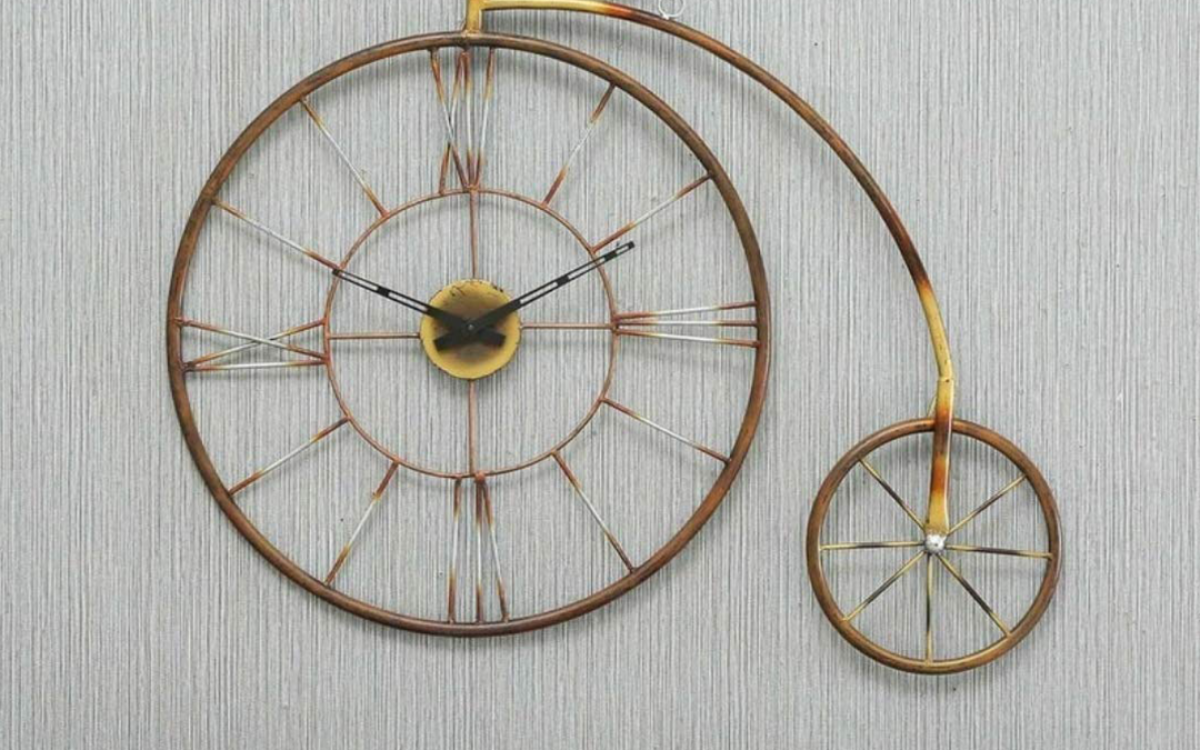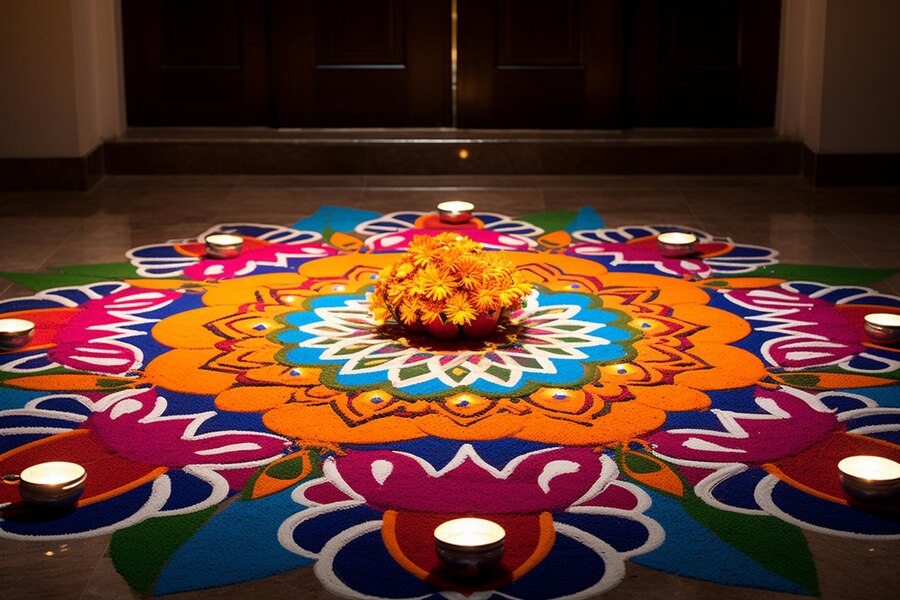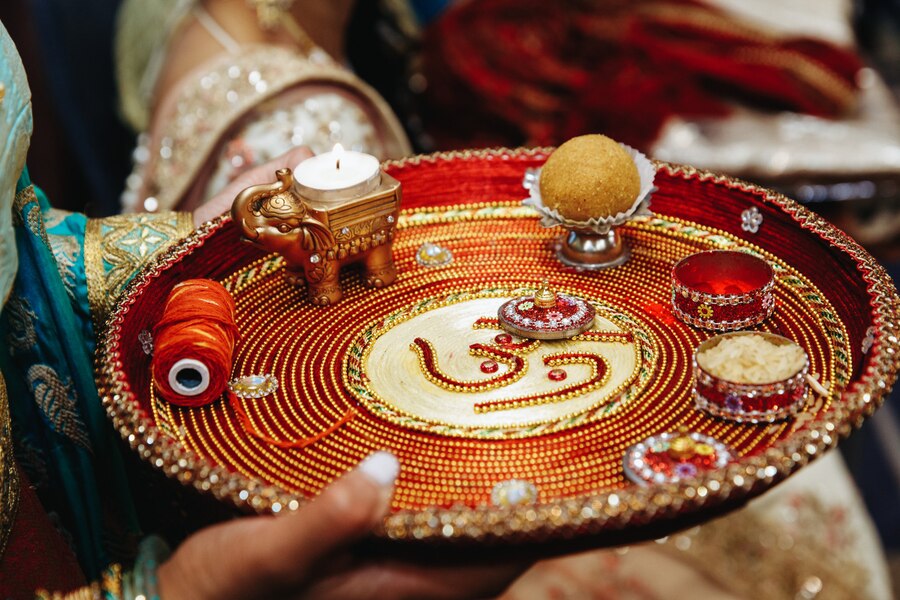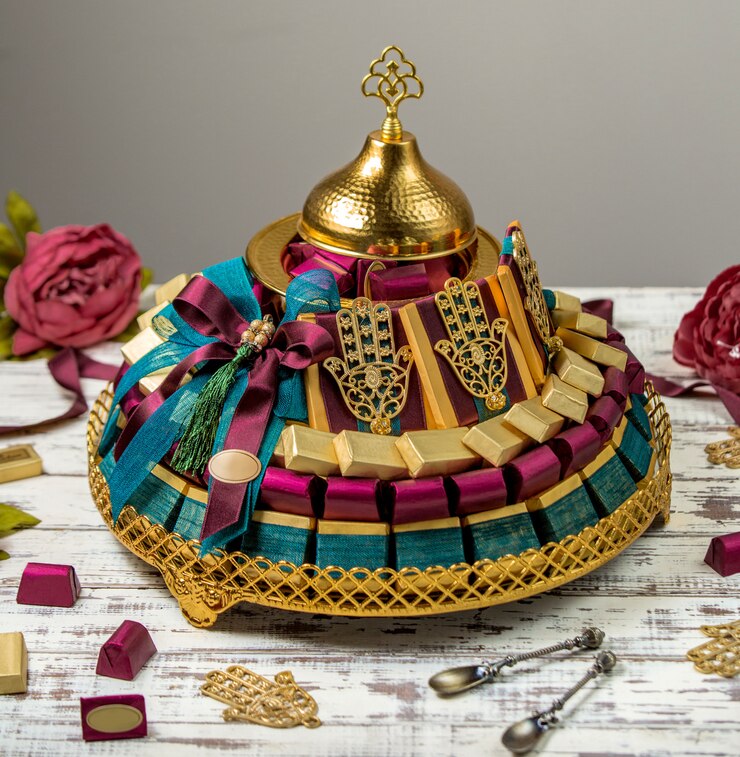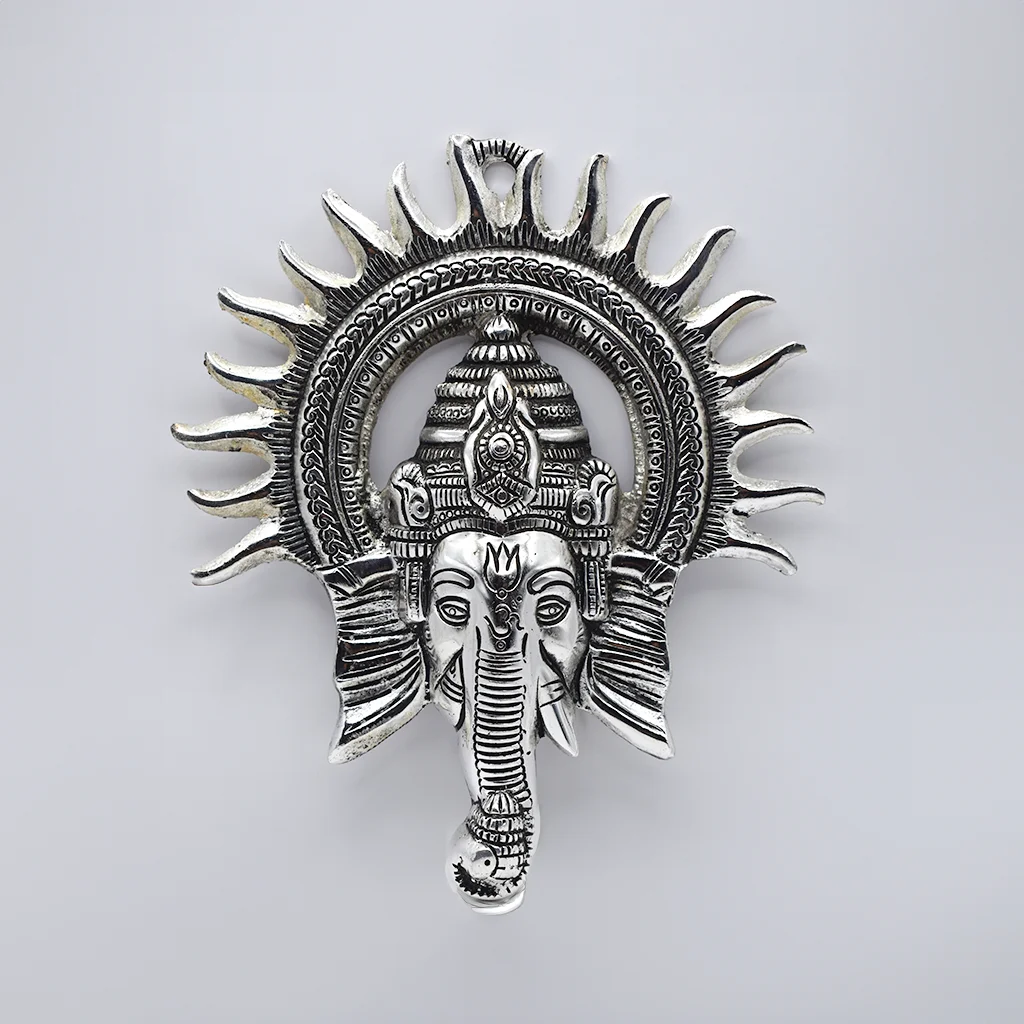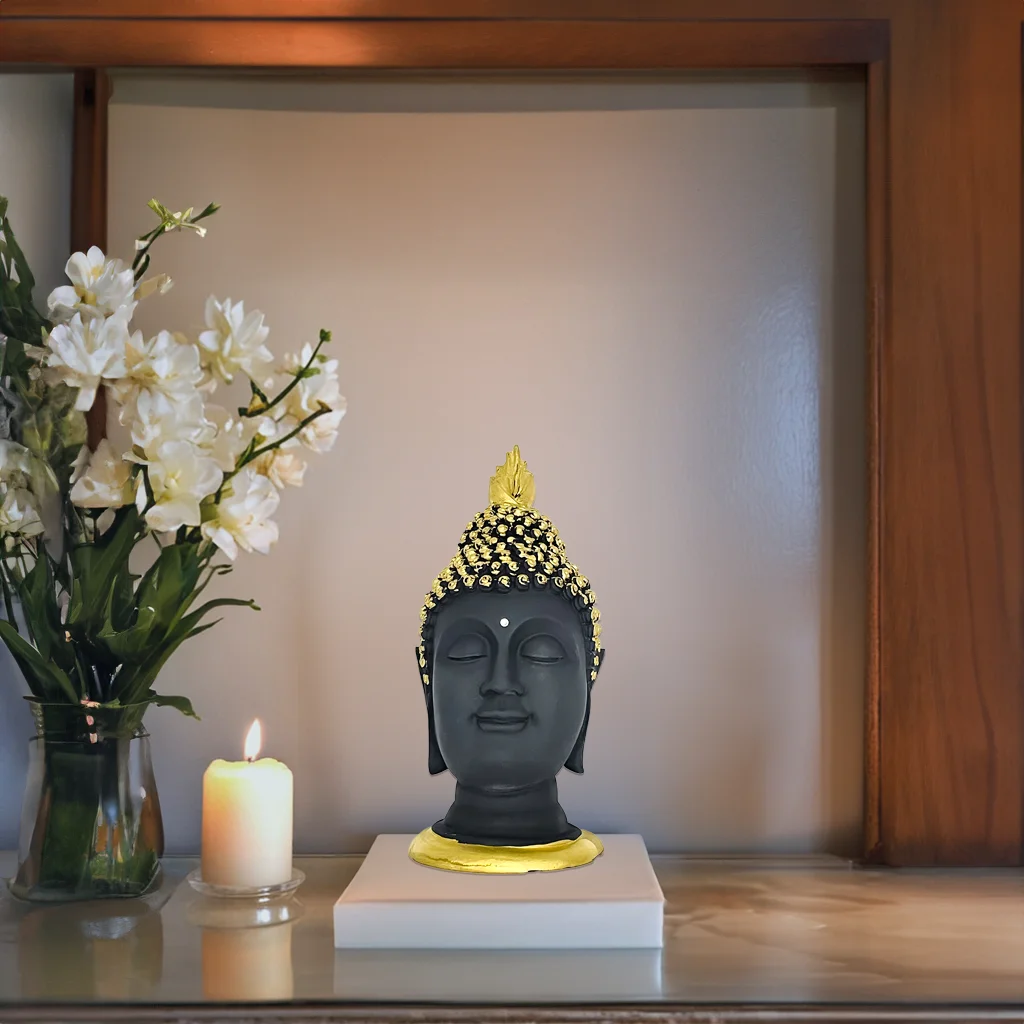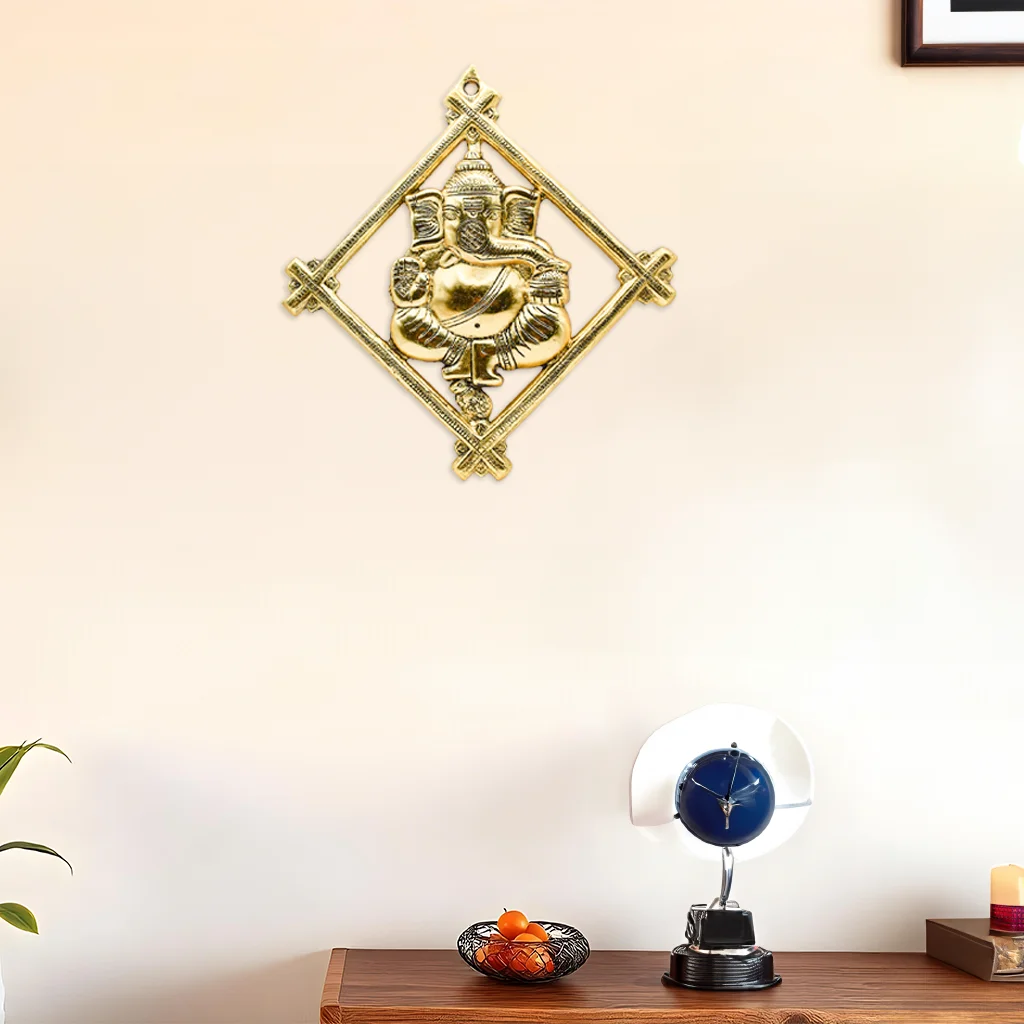Time is an important part of our life’s symphony. It determines our routines, sets our goals, and reminds us of the transient essence of life. But within the tapestry of our homes, time takes on a new dimension: it becomes a component of Vastu, the ancient Indian philosophy of establishing balance and harmony in living spaces.
Vastu emphasizes the flow of positive energy, known as prana, within a home. This flow is believed to be influenced by numerous factors, including the placement and type of objects we surround ourselves with. And so, even our humble clocks, those silent sentinels of time, become significant players in the Vastu narrative.
According to Vastu principles, not all clocks are created equal. There are some key aspects to consider when choosing a clock for your home. The material used in the making of the clock matters. Opt for clocks made from natural materials like wood or metal. These materials are believed to resonate with the earth’s energy, fostering a sense of grounding and stability. Kaptown ofers a variety of clocks made from wood, brass and metals. We must avoid clocks made from plastic or synthetic materials.
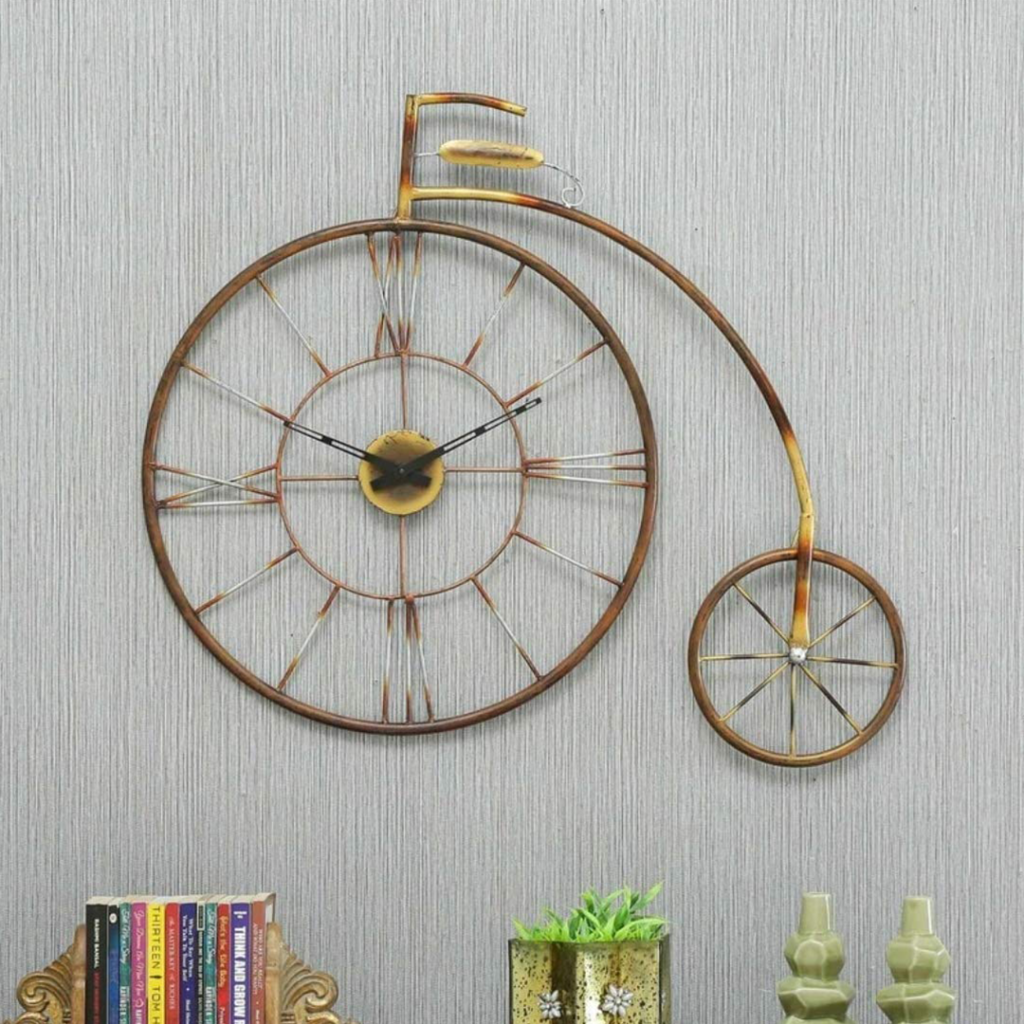
Similarly, shape and design of the clock has an impact too. We should go for simple, geometric shapes like squares, circles, or rectangles. Complex designs or irregular shapes are believed to create disharmony in the flow of energy.
Coming to the sounds that clocks make, silent clocks maintain the peaceful ambiance, ticking clocks are not necessarily discouraged. However, ensure the ticking sound is gentle and unobtrusive, avoiding loud or harsh ticks that can disrupt the serenity of your space.
We must also choose clocks with clear, well-defined numbers. Avoid clocks with missing or broken numbers, as these represent incompleteness and can hinder progress. Additionally, steer clear of symbols associated with negativity or misfortune.
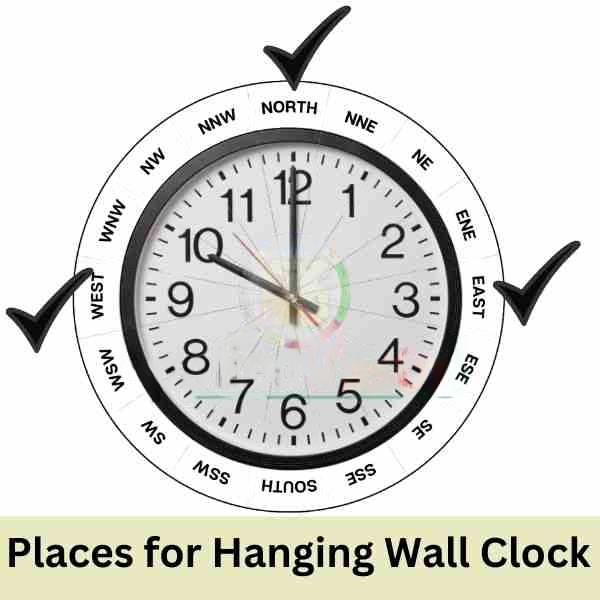
Vastu dictates specific directions for optimal placement of various objects within the home. We can hang our clock for a harmonious flow of energy in the North. This direction is associated with growth, career progression, and success. Placing a clock in the north can symbolize positive movement and progress in life.
The east direction represents knowledge, education, and spiritual growth, thus making it another favorable direction for clock placement. It can encourage personal development and intellectual pursuits.
While the west direction is not the most preferred direction, it can be considered if the north and east are unavailable. However, avoid placing the clock too close to the southwest zone, which is associated with negativity.
Additionally, certain types of clocks are discouraged in Vastu, as they are believed to disrupt the flow of positive energy. These include broken or malfunctioning clocks that does not tell accurate time, thus symbolizing stagnation and missed opportunities. Keep your clocks in good working order and replace any damaged ones promptly.
Clocks with broken numbers or missing hands are Similar to broken clocks, these symbolize incompleteness and can hinder progress. Clocks depicting negative imagery should be avoided. Clocks with imagery associated with violence, sadness, or conflict, should not be used as these can have a detrimental impact on the overall energy of your home.
While the placement and type of our clock play a significant role, Vastu is an integrated approach. We need to remember that creating a harmonious living space requires a multi-pronged approach, like maintaining a clean clutter-free environment, embracing natural light and ventilation, incorporating plants, etc.
By following these Vastu principles and incorporating the right type of clocks, you can create a space that not only tells time but also fosters peace, harmony, and well-being in your life. Remember, Vastu is a journey, not a destination. Embrace the process of creating a space that feels good for you and your loved ones, and let the symphony of your home resonate with positive energy.

